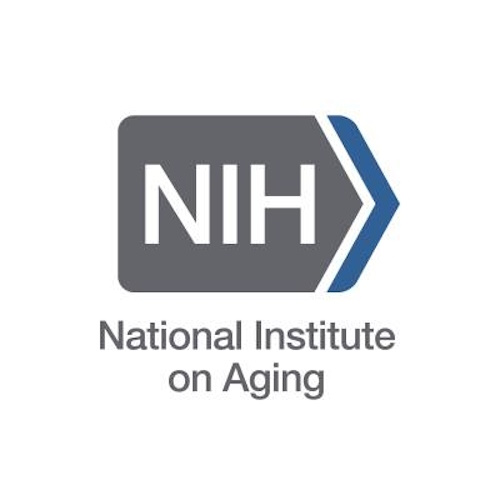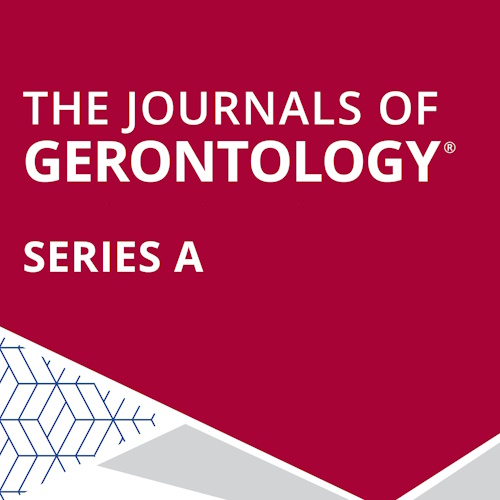Key points from article :
A landmark review published in the Journal of Gerontology: Biological Science by lead author Nisi Jiang, PhD, offers the first national overview of anti-aging compounds tested through the U.S. National Institute on Aging’s Interventions Testing Program (ITP). Over two decades, the ITP has identified 13 promising compounds that extend lifespan and healthspan in mice, with the most striking effects seen with rapamycin, which extended lifespan by up to 28%, even when administered in mid to late life.
The ITP, established in 2004, was designed to rigorously test orally available compounds in genetically diverse mice. Before this, there was little evidence that drugs could impact aging directly. The compound rapamycin, originally discovered in the 1960s from soil bacteria on Easter Island, works by inhibiting the mTOR pathway—a critical regulator of cell growth and repair. By suppressing mTOR, rapamycin encourages the body to prioritize repair mechanisms over unchecked growth, which is increasingly understood as a major contributor to age-related diseases.
The findings mark a turning point in aging research, suggesting that pharmaceutical interventions may one day delay or prevent age-related illnesses. James Nelson, PhD, a senior figure in the ITP from the Barshop Institute at UT Health San Antonio, emphasized how this program is reshaping our understanding of aging biology and inspiring a new generation of researchers.
With open access to all ITP data and growing interest in the field, the study highlights how far the science of aging has come—and how much potential lies ahead. As Nelson puts it, “Just imagine what will be next in your lifetime.”








